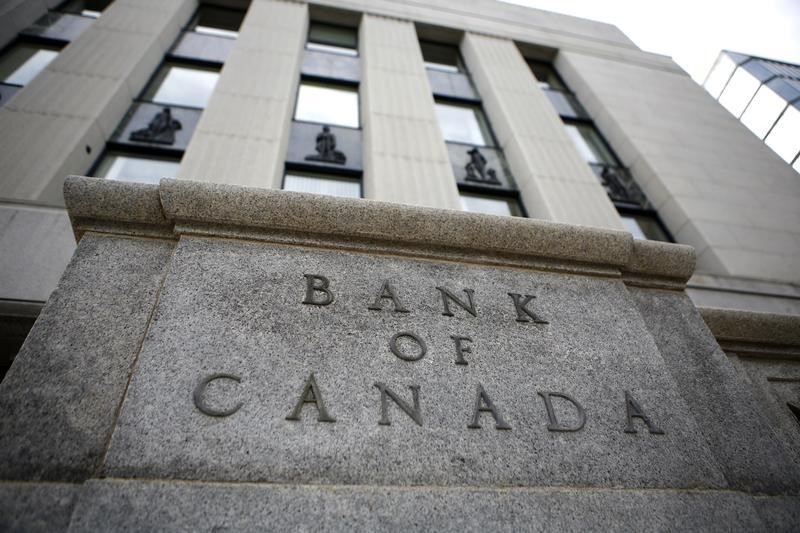(Bloomberg) -- Tiff Macklem will succeed Stephen Poloz as head of the Bank of Canada, as the government opted for a veteran of the 2008-2009 financial crisis to deal with the economic fallout from the pandemic.
Macklem, currently dean at the University of Toronto’s business school, was selected as governor at the Ottawa-based central bank beginning June 3 for a seven-year term, according to a joint statement from the finance department and the Bank of Canada. The appointment is redemption of sorts for the 58-year-old economist and former Bank of Canada official, who lost his first bid for the top job in 2013 to Poloz.
Macklem was a key architect of the global response to the financial crisis just over a decade, when he served as a top aide to then Finance Minister Jim Flaherty. He was one of four Canadians in the room when Group of Seven finance ministers took the pivotal decision in October 2008 to fully back a banking system that was on the verge of collapse. He also chaired the influential standards committee at the Financial Stability Board that was established to tighten global financial-market regulations.
Mark Carney, Bank of Canada governor during the crisis, recruited Macklem in 2010 as his second-in-command, a post he occupied until 2014 when he left to run the Rotman School of Management.
Job one for the new governor will be to steer the economy out of what’s almost certain to be the sharpest contraction since the Great Depression, using a set of policy tools that were theoretical constructs when Macklem was an economist at the central bank.
For one, he’ll need to decide whether to ramp up emergency measures. The central bank has pledged to buy at least C$5 billion ($3.6 billion) every week of Canadian government debt, and is about to embark on a similar program to purchase provincial and corporate bonds.
Officials have also launched a series of new market operations to inject liquidity into markets -- everything from buying assets linked to credit lines to commercial paper. As a result, the Bank of Canada’s balance sheet has ballooned threefold since mid-March.
Macklem could choose to scale up these programs if the situation deteriorates, or broaden them to include riskier assets. He could even veer into direct lending to companies, as the Federal Reserve has done.
Yet, the better part of Macklem’s seven-year term will involve cleanup operations. Once the recovery starts, he’ll need to decide how long to sustain extremely accommodative policy before eventually navigating an exit, which may include disposing of the hundreds of billions worth of federal debt the central bank will likely hold once the crisis is over.
In fact, given the growing importance of fiscal policy, the biggest change of the Macklem era may be deepening the bank’s relationship with government without giving up control of monetary policy -- a task for which Macklem is probably well suited, having worked in senior roles at both finance and the bank.
Macklem beat out Senior Deputy Governor Carolyn Wilkins for the job, the fourth consecutive time the top deputy at the central bank has failed to win the promotion. Macklem is the first ever governor to be appointed from the private sector.
The Montreal native had more than two decades of experience at the Bank of Canada, working his way up in the research department through the 1990s before becoming its chief in 2000, then joining the governing council in 2004.
He first joined the central bank as an economist in 1984 after completing a Bachelor’s degree from Kingston, Ontario-based Queen’s University and a Master’s in economics from Western University in London, Ontario. He returned to Western to pursue a doctorate, which he received in 1989, before rejoining the bank.
Richard Tiffany Macklem goes by Tiff, a contraction of his middle name that was given to honor the family’s doctor. He and his wife Rosemary have three children.
©2020 Bloomberg L.P.
